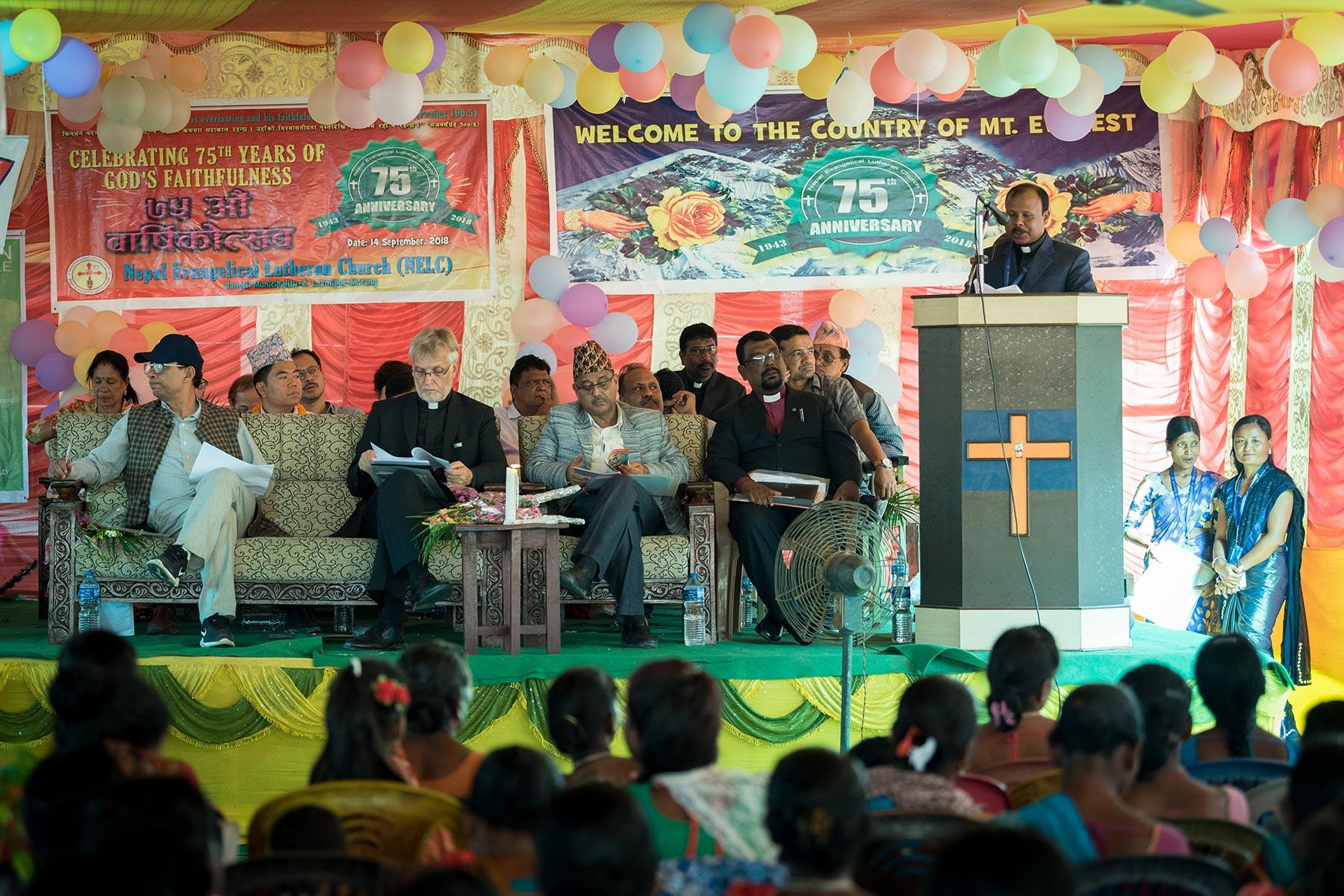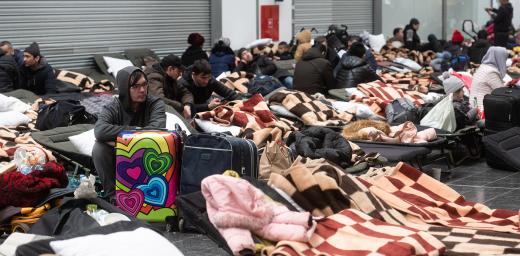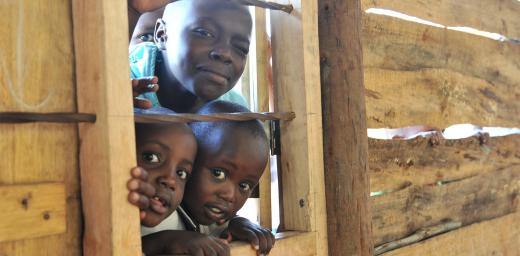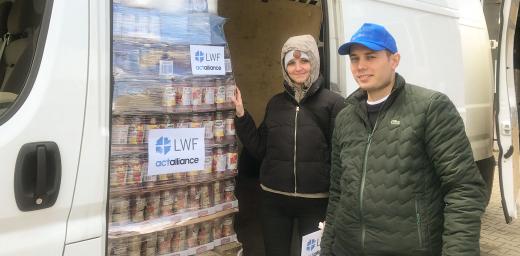LWF to launch guidelines on joint engagement between member churches and World Service

Collaboration between the Nepal Evangelical Lutheran Church and World Service Nepal is a good illustration of the opportunities and challenges of working together in an environment where Christians are a minority. This includes taking part in each other's events, such as the 75th anniversary of the church in 2018, which LWF General Secretary Rev. Dr Martin Junge attended. LWF/Albin Hillert
Joint calling to witness and serve people in need
(LWI) – The Lutheran World Federation (LWF) will launch a recently published Guidance Note on engagement between its member churches and the communion’s international humanitarian and development arm World Service during a public webinar on 3 May.
In addition to presenting the publication itself, the event will feature outstanding examples of existing joint collaboration between member churches and World Service programs in Colombia and Nepal.
LWF General Secretary Rev. Dr Martin Junge will deliver opening remarks during the webinar. Ms Maria Immonen and Ms Eva Christina Nilsson, directors of the Departments for World Service, and Theology, Mission and Justice respectively will also speak.
Affirming and deepening collaboration
The Guidance Note: Joint Engagement of World Service Programs and Member Churches is offered as a resource to affirm and deepen mutual understanding of how two distinct expressions of the Lutheran communion carry out their joint calling to witness and serve people in need as mandated at LWF’s founding in 1947.
It is the outcome of a one-year process involving interviews with member church and LWF emergency and country program representatives, and input from the different Communion Office departments. The publication provides guidance and demonstrates good examples for joint response to emergencies, community development projects, advocacy for human rights, peace building and care for God’s creation.
It highlights how the theological grounding of LWF’s member churches and the international diakonia expertise of World Service both offer a particularly comparative advantage for development and humanitarian work. “Ultimately, both World Service and member churches aim to build a more just, peaceful, and reconciled world,” the Guidance Note states.
Ultimately, both World Service and member churches aim to build a more just, peaceful, and reconciled world.
Exploring key strengths of churches as World Service partners, the publication cites the proximity of faith communities to people affected by crises as an asset when it comes to providing shelter, food, water and spiritual support: “Churches have local human and material, resources [and] a sustainable local presence.” On the other hand, the national and global networks to which LWF’s emergency and country programs belong “can be a resource to strengthen the advocacy of member churches by connecting local voices to international dialogue, advocacy and peace work.”
While discussing joint engagement, the publication elaborates on the boundaries of collaboration between churches and World Service programs and how “there are clear differences in their roles and mandates.”
The Guidance Note also features case studies on joint engagement in Angola, Colombia, Myanmar and Nepal. These examples show how solidarity during emergencies can lead to longer-term initiatives such as sharing of staff and other institutional resources, as well as opportunities and challenges of interfaith action.
By LWF/P. Mumia
The 148 LWF member churches represent more than 77 million Christians in the Lutheran tradition in 99 countries across the globe. As a global communion of churches, the member churches live and work together for a just, peaceful, and reconciled world.
World Service is a widely recognized, international, faith-based organization working through country and emergency programs in 25 countries that support nearly 3 million people in need each year. LWF’s international diakonia arm seeks to bring people of all backgrounds together in the common quest for justice, peace, and reconciliation.





